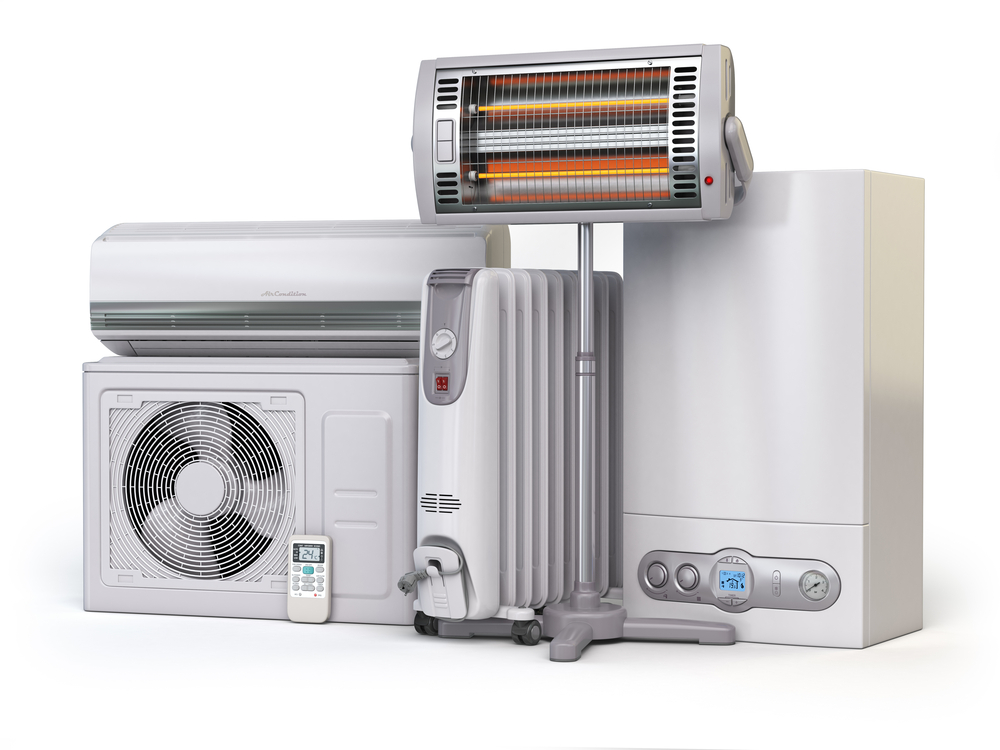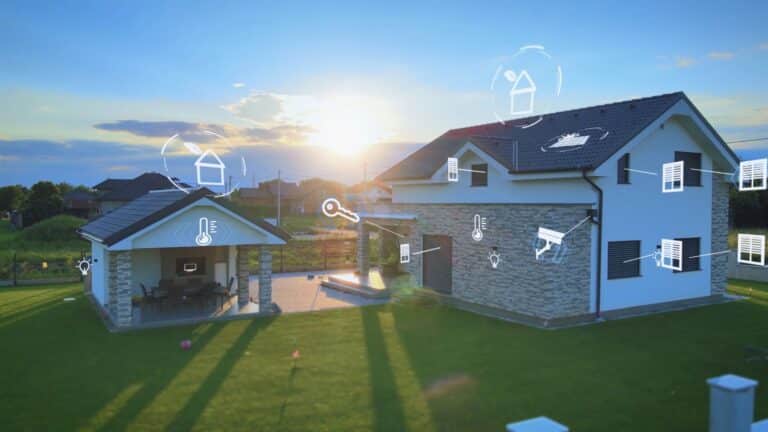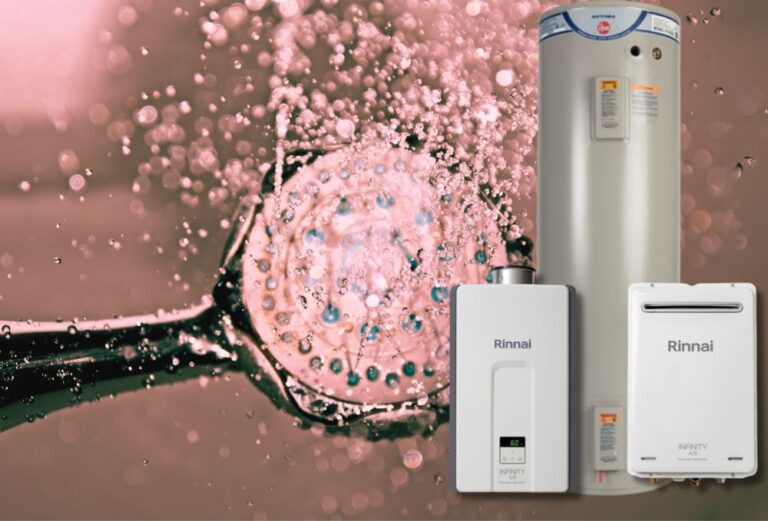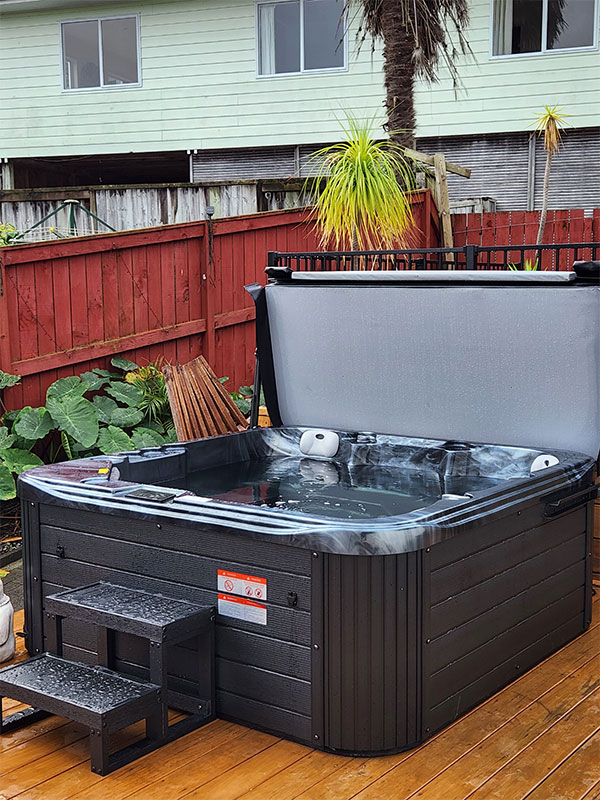Recently heating in New Zealand has become more expensive and typically accounts for about 30 per cent of a household’s annual energy consumption. As energy prices rise and our homes increase in size, it’s likely to cost even more.
Most people choose electricity, gas or wood to heat their homes. In contrast, newer heating systems are more energy efficient and likely to reduce your power bills. Heating in places like Dunedin and the Lower part of New Zealand is crucial, especially in the colder months.
Two popular options include heat pumps and radiator heating in NZ. Both systems have their merits, but understanding their differences and benefits is crucial for making an informed decision. This article will compare heat pumps and radiator heating, exploring their efficiency, environmental impact, installation requirements, and overall performance.
The Efficiency of Heat Pumps vs Radiator Heating
Efficiency is crucial to any heating system, as it directly impacts energy consumption and costs. Heat pumps are renowned for their exceptional efficiency, which means that heat pumps can provide a remarkable amount of energy for every unit of electrical energy consumed by transferring heat from the air or ground. In fact, some heat pumps can achieve an impressive coefficient of performance (COP) of up to 4, meaning they generate four units of heat energy for every unit of electricity used.
On the other hand, radiator heating systems in NZ rely on directly heating water or oil within radiators. These radiator systems have lower COP values, typically between 0.9 and 1.2. This means that for every unit of electricity consumed, only a fraction is converted into usable heat energy. And while radiator heating can efficiently convert electrical energy into heat, they often fall short compared to heat pumps.
Consequently, heat pumps outperform radiator systems in terms of energy efficiency.
Comparing the Environmental Impact of Radiators vs. Heat Pumps
Reducing our carbon footprint is crucial in today’s world, making the environmental impact of heating systems an important consideration. Heat pumps excel in this aspect. As they utilise renewable energy sources, such as air or ground heat, they significantly reduce greenhouse gas emissions associated with heating. Heat pumps can drastically reduce carbon dioxide emissions by using electricity to move heat rather than generate it, promoting a cleaner and greener environment.
In contrast, radiator heating systems often rely on fossil fuel-based energy sources. Whether it’s oil, gas, or coal, these fuels contribute to pollution and climate change. Additionally, the combustion process within boilers or furnaces can release harmful emissions into the atmosphere. While efforts are being made to improve the efficiency and environmental performance of radiator systems, heat pumps still have a clear advantage when it comes to sustainability.
Installation and Space Requirements
Installation requirements and space utilisation are practical factors to consider when comparing heating systems. Heat pumps require sufficient outdoor space to install the outdoor unit, which houses the compressor and heat exchanger. Indoor units, such as air handlers or radiant floor systems, are also needed to distribute the heated air or water throughout the building. Depending on the type of heat pump, ductwork installation may be necessary for air-based systems.
In contrast, radiator heating systems consist of radiators connected to a central boiler or furnace. While they do not require outdoor units, they need ample indoor space for radiators to be installed in various rooms. These radiators can take up wall space and can affect the room’s overall aesthetics.
Performance and Comfort
Both heat pumps and radiators are heating systems that can provide adequate warmth to keep homes comfortable during cold weather. However, there are notable differences in terms of performance. Heat pumps excel in maintaining a consistent temperature throughout the year. They can also provide cooling during hot summers, offering a versatile solution for year-round comfort. As well as being able to function well in the larger, more open spaces of modern homes.
Heat pumps are known for their ability to dehumidify the air, enhancing indoor air quality and making them very versatile.
Radiator heating systems, while effective at providing warmth, may need help to maintain a consistent temperature throughout the home. The proximity of the radiator to the occupants can create temperature variations, resulting in uneven heating. However, some modern radiator systems incorporate zoning capabilities to address this issue.
Electric heaters are your go-to option if you’re looking to bring warmth to a single person or a particular room; some offer great portability. This type of heater has a unique element that radiates comforting warmth directly onto you. And by using a fan, these heaters will heat the room more quickly, ensuring a more consistent and even heat distribution, but with higher energy usage.
Cost Considerations for Heat Pumps and Radiators
Cost is a crucial factor for most homeowners when selecting a heating system. Heat pump installations tend to have higher upfront costs compared to radiator systems. The price of heat pumps includes the outdoor unit, indoor units, and potential ductwork installation. However, heat pumps offer long-term savings through their higher efficiency and reduced energy consumption, leading to lower power bills over time.
Radiator heating systems typically have lower upfront costs. However, fuel or electricity consumption costs can be higher in the long run due to their relatively lower efficiency. Maintenance and repair costs should also be considered when comparing the overall cost of ownership.
In Conclusion
When comparing heat pumps and radiator heating systems, it becomes evident that heat pumps hold numerous advantages in terms of efficiency, environmental impact, and long-term cost savings. Their ability to utilise renewable energy sources and provide cooling during summer makes them a versatile and sustainable choice. While radiator heating systems have their merits, they often fall short regarding energy efficiency and environmental impact.
Ultimately, the choice between heat pumps and radiator heating systems depends on individual needs, budget, and available space. Consulting with heating experts and considering specific requirements can help homeowners make an informed decision to ensure your optimal comfort, efficiency, and environmental administration.
Don’t forget to check out the top 10 Maintenance tasks for your Home each year.




